Why Diabetics Need Routine Comprehensive Eye Exams
Diabetes is the most common cause of vision loss under age 65. Yet the vision loss is almost 100% preventable. Diabetics are at risk for eye diseases that can greatly affect vision and health. Having regular dilated eye exams at least once a year is important for anyone battling diabetes.
Diabetic Eye Disease
Diabetics are at high risk for diabetic retinopathy. This is an eye condition that causes the blood vessels in the eye to leak and grow abnormally. This condition is more prevalent in patients with poor long term sugar control whether treated or untreated. Most are asymptomatic initially. There are several possible symptoms of diabetic retinopathy, including blurred vision, floaters and intermittent vision loss. (more…)
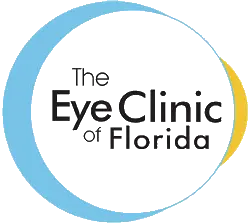
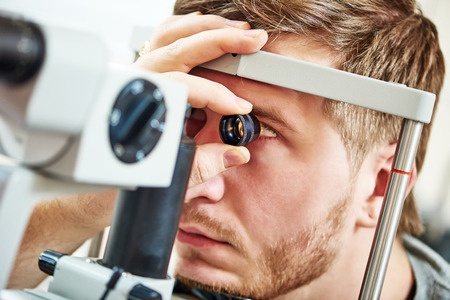
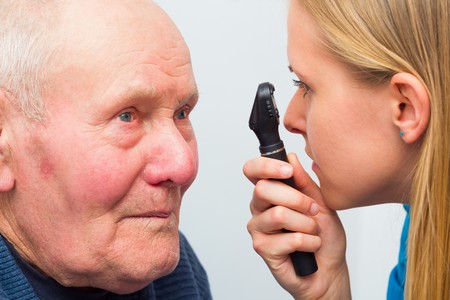
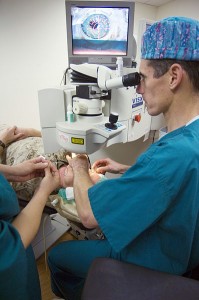 Lasik eye surgery is one of the most successful surgeries ever done. There are some very good reasons to get off the fence and move forward with Lasik sooner rather than later. When you look at all the factors involved, Lasik can be very helpful and reduce your expenses over time. Consider these top three reasons to get Lasik eye surgery.
Lasik eye surgery is one of the most successful surgeries ever done. There are some very good reasons to get off the fence and move forward with Lasik sooner rather than later. When you look at all the factors involved, Lasik can be very helpful and reduce your expenses over time. Consider these top three reasons to get Lasik eye surgery. If you have less than perfect eyesight, you may be considering Lasik eye surgery. There are many advertisements and testimonials on television and social media, so nearly everyone has at least heard of Lasik. But if you don’t understand how it can help you, you may be on the fence about spending the money. There are several good reasons to consider Lasik eye surgery.
If you have less than perfect eyesight, you may be considering Lasik eye surgery. There are many advertisements and testimonials on television and social media, so nearly everyone has at least heard of Lasik. But if you don’t understand how it can help you, you may be on the fence about spending the money. There are several good reasons to consider Lasik eye surgery.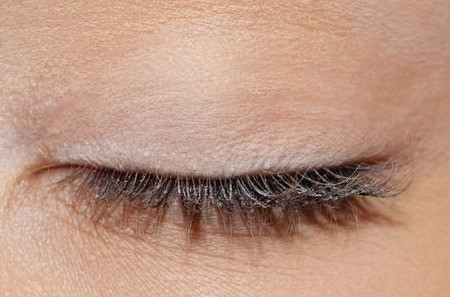 Your appearance is defined by so many elements, especially in your facial region. The contour of your cheeks, the fullness of your lips, and the size and shape of your eyes all contribute to the distinguished look of the person you see in the mirror. As you get older, you may find that your eyes are changing for the worse, especially around the eyelids.
Your appearance is defined by so many elements, especially in your facial region. The contour of your cheeks, the fullness of your lips, and the size and shape of your eyes all contribute to the distinguished look of the person you see in the mirror. As you get older, you may find that your eyes are changing for the worse, especially around the eyelids.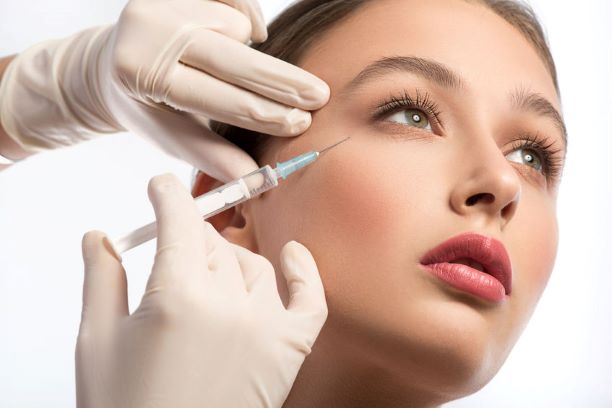 We all know Botox as the miracle wrinkle treatment that reduces signs of wrinkles along the face, but anti-aging is far from the only purpose of Botox. Believe it or not, Botox offers a range of medical uses that improve your vision health and help you enjoy a better quality of life. Here’s what you should know!
We all know Botox as the miracle wrinkle treatment that reduces signs of wrinkles along the face, but anti-aging is far from the only purpose of Botox. Believe it or not, Botox offers a range of medical uses that improve your vision health and help you enjoy a better quality of life. Here’s what you should know! It’s not uncommon for vision to weaken with age, especially at night, but this is a dangerous trend. If your own diminishing vision makes it difficult to drive at night, it’s important to see your eye doctor for the right treatment.
It’s not uncommon for vision to weaken with age, especially at night, but this is a dangerous trend. If your own diminishing vision makes it difficult to drive at night, it’s important to see your eye doctor for the right treatment. You have probably given plenty of thought to the way that wrinkles are changing the appearance of your skin, but have you ever contemplated the role that your eyelids play on your face? It is very common for the eyelids to droop with age and make you look much older and fatigued than you are. Fortunately, cosmetic eyelid surgery, also known as blepharoplasty, is a minor procedure that can have a major positive impact on the appearance of your face.
You have probably given plenty of thought to the way that wrinkles are changing the appearance of your skin, but have you ever contemplated the role that your eyelids play on your face? It is very common for the eyelids to droop with age and make you look much older and fatigued than you are. Fortunately, cosmetic eyelid surgery, also known as blepharoplasty, is a minor procedure that can have a major positive impact on the appearance of your face.